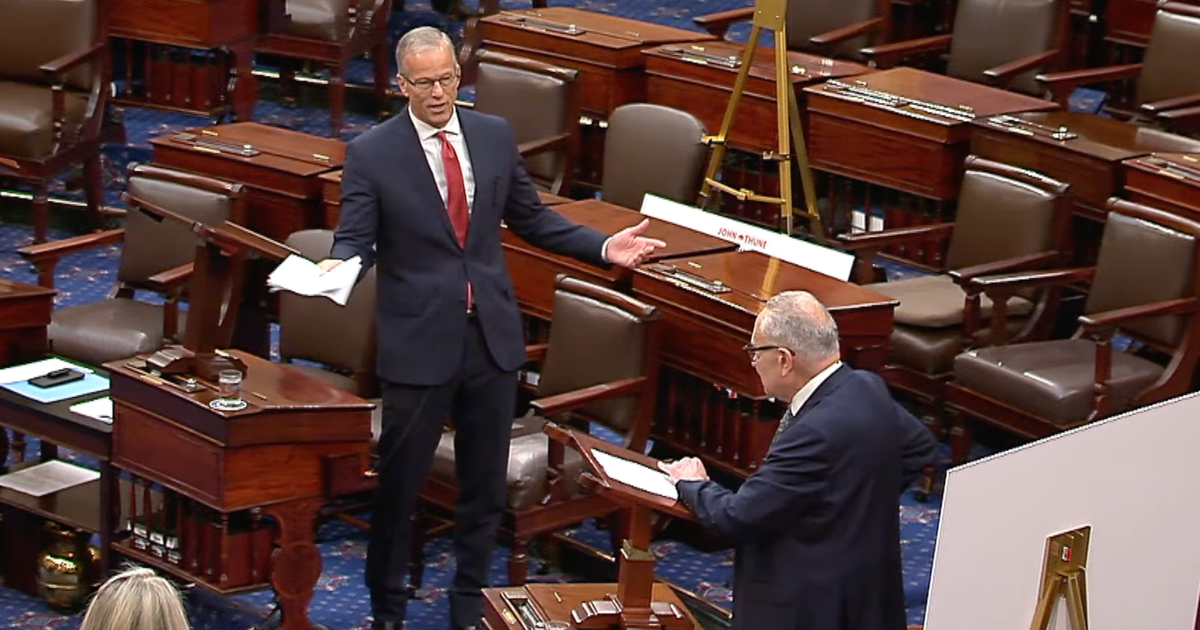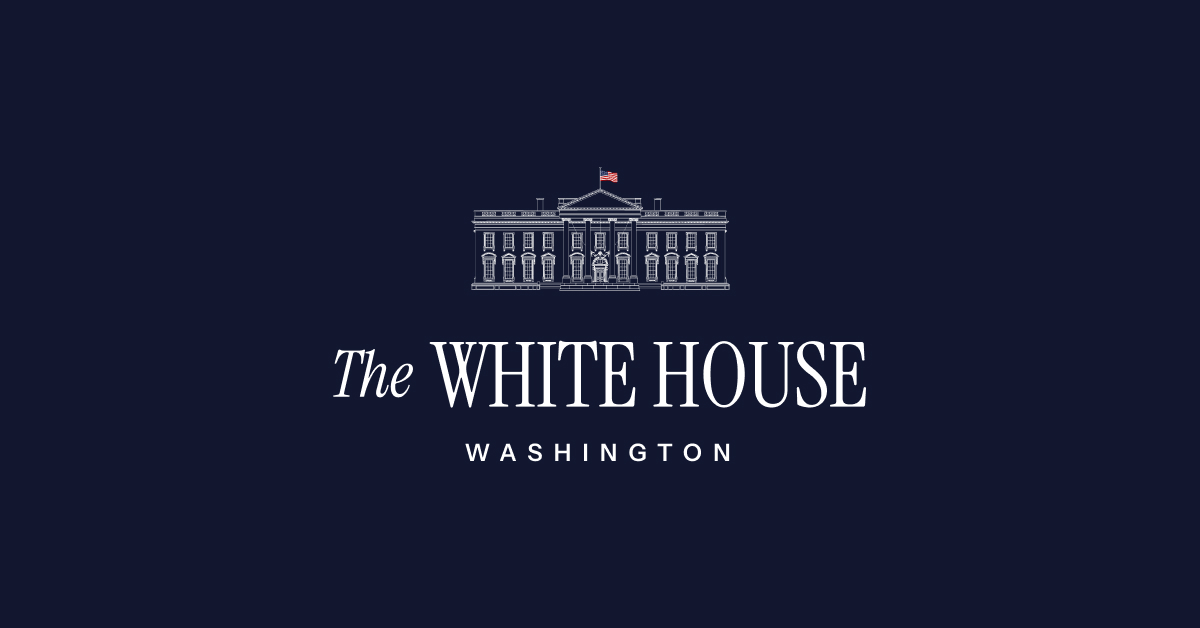Increased Federal Presence in Portland: Protests, Security, and Accountability

Increased Federal Presence in Portland
Following her visit to Portland, U.S. Department of Homeland Security Secretary Kristi Noem announced plans to deploy four times more federal officers to address ongoing unrest near the ICE facility. This move comes amid persistent protests and heightened tensions between demonstrators and federal agents, with Noem emphasizing the need for enhanced security measures to protect federal property and personnel.
Local Response and Concerns
Portland Mayor Keith Wilson responded critically to the federal escalation, highlighting the community’s concern over aggressive tactics used by federal officers, such as chemical munitions against mostly peaceful protesters. Wilson reiterated the city’s commitment to free speech and called for accountability, urging federal agents to cease use of force and to adopt transparency measures including body cameras and clear identification.
Ongoing Challenges and Implications
The federal increase follows legal challenges blocking National Guard deployment, leaving federal officers as the primary force managing protests. The situation underscores the complex balance between maintaining public safety and respecting constitutional rights in Portland’s deeply divided climate.
About the People Mentioned
Kristi Noem
Kristi Noem is a South Dakota politician born on November 30, 1971, in Watertown, South Dakota. She grew up on a family ranch and farm in rural Hamlin County. Noem graduated from South Dakota State University with a Bachelor of Arts degree in Political Science in 2011. She began her political career in the South Dakota House of Representatives, serving from 2006 to 2010, including a stint as Assistant Majority Leader. In 2010, she was elected to the U.S. House of Representatives, representing South Dakota's at-large congressional district for four terms until 2019. In 2018, Noem made history by becoming South Dakota's first female governor. She was reelected in 2022. During her tenure as governor, Noem focused on reducing taxes, cutting regulations, and promoting economic growth. Her approach to the COVID-19 pandemic, which included not implementing statewide lockdowns or mask mandates, garnered national attention. Noem is known for her conservative stance on issues like gun rights and border security. Noem has written two books: *Not My First Rodeo: Lessons from the Heartland* (2022) and *No Going Back* (2024). In January 2025, she resigned as governor after being confirmed by the Senate as the United States Secretary of Homeland Security, the first South Dakotan to hold this position. As Secretary, she oversees a department with over 260,000 employees and a budget exceeding $100 billion. Recently, while in her role as Homeland Security Secretary, Noem was involved in a controversial incident in Los Angeles where a U.S. Senator was forcibly removed from a press conference. Despite this, she continues to be a prominent figure in U.S. politics, particularly in conservative circles.
Keith Wilson
Keith Wilson is a business leader and Democratic politician who became the 54th mayor of Portland, Oregon, in 2025, serving as the city’s first mayor under its new form of government[8][9]. Born in 1963 and raised in North Portland, Wilson attended local schools before earning a Master of Business Administration from the University of Portland[1]. He began his career in television but returned to Portland to lead TITAN Freight Systems in 2004, transforming the company into a national safety leader and environmental innovator. Under his leadership, TITAN eliminated fossil fuels from its Portland facility, pioneered heavy-duty electric vehicles, and achieved a near-perfect safety record with no injuries or accidents over five years. The company also earned B-Corp certification for its commitment to community and sustainability, and Wilson was named Innovator of the Year two years in a row[1][6]. As a civic leader, Wilson has focused on addressing homelessness and supporting vulnerable populations. He spearheaded the creation of the Multnomah County Homeless Court Program, which diverts individuals from the justice system into housing and services, and founded Shelter Portland, a nonprofit aimed at ending unsheltered homelessness through collaborative, evidence-based solutions[1]. He also serves as vice chair of Word is Bond, an organization dedicated to mentoring Portland’s future leaders, and has volunteered with homeless veterans and students[1]. Additionally, Wilson is active on national transportation and environmental boards, including the U.S. High-Speed Rail Coalition and the International Road Federation[1]. Wilson’s leadership comes at a pivotal moment for Portland, as the city transitions to a new governance structure and faces significant challenges in public safety, homelessness, and economic recovery[6][9]. In his mayoral campaign and early tenure, he has emphasized the need to break through political gridlock, improve bureaucratic efficiency, and leverage the city’s resources to address systemic issues. Wilson’s business background, civic engagement, and focus on innovation and collaboration position him as a central figure in Portland’s efforts to navigate a period of profound change and uncertainty[6][9]. He lives in Portland with his wife and children, and is known for his commitment to both his family and the broader community[1].
About the Organizations Mentioned
U.S. Department of Homeland Security
The **U.S. Department of Homeland Security (DHS)** is a federal executive department established in 2002 in response to the September 11 terrorist attacks, under the Homeland Security Act of 2002. Its core mission is *to secure the nation from various threats*, encompassing terrorism, border security, immigration enforcement, cyber threats, critical infrastructure protection, and disaster resilience[3]. DHS integrates multiple agencies, including the U.S. Coast Guard, Customs and Border Protection, Immigration and Customs Enforcement, and the Transportation Security Administration. This consolidation was designed to enhance coordination in protecting the United States from evolving security challenges[3]. Key achievements include strengthening border security, counterterrorism efforts, and responding to natural disasters such as hurricanes. For example, the Coast Guard’s active role in disaster response has been critical in past crises like Hurricane Katrina[3]. DHS also leads in combating cyber threats, a growing concern recognized in its 2025 Homeland Threat Assessment, which highlights the increasing complexity of cyberattacks, transnational crime, and immigration system strains as pressing risks to national security[4]. In recent years, DHS has undergone reform initiatives to refocus its priorities. The current administration has authorized expanded roles for federal law enforcement agencies beyond traditional DHS officers to address immigration enforcement more broadly, reflecting heightened political focus on border security and immigration control[5]. This includes empowering agencies like the DEA and ATF to assist in immigration-related actions, signaling a more integrated federal approach to homeland security[5]. Today, DHS remains at the forefront of national security and public safety, balancing technology-driven challenges with traditional law enforcement. Its dynamic mission reflects ongoing geopolitical shifts, technological advances, and domestic concerns, making it a pivotal institution in U.S. business and technology landscapes, especially regarding cybersecurity, infrastructure protection, and immigration policy enforcement[4][5].
Immigration and Customs Enforcement
**Immigration and Customs Enforcement (ICE)** is a federal law enforcement agency under the U.S. Department of Homeland Security (DHS). Established by the Homeland Security Act of 2002, ICE was created in response to the 9/11 attacks to enhance national security and protect public safety. The agency's primary mission is to enforce federal laws related to customs, trade, and immigration, focusing on cross-border crime and illegal immigration[1][2][3]. **History and Structure:** ICE was formed by merging the U.S. Customs Service and the Immigration and Naturalization Service. It operates with over 20,000 staff across more than 400 global offices, with an annual budget of approximately $8 billion[3]. The agency is structured into several key directorates, including **Enforcement and Removal Operations (ERO)**, which handles immigrant detention and deportation, and **Homeland Security Investigations (HSI)**, which investigates transnational crimes[1][2]. **Key Functions and Achievements:** ICE is known for its immigration enforcement efforts, particularly in interior regions of the U.S. It conducts investigations into human trafficking, terrorism, and other transnational crimes. Despite controversy over policies like family separation and detention conditions, ICE has made significant strides in combating illegal activities and protecting national security[4][6]. **Current Status and Notable Aspects:** Today, ICE continues to face challenges and controversy, particularly regarding its enforcement practices and impact on immigrant communities. The agency's actions can have profound effects on local economies and social services, as fear of ICE may deter undocumented immigrants from accessing essential services[6]. Despite these challenges, ICE remains a crucial component of U.S. immigration policy, working to balance enforcement with humanitarian concerns.
National Guard
## Overview The National Guard is a unique component of the United States Armed Forces, serving as both a state and federal military reserve. It is divided into the Army National Guard and the Air National Guard, each functioning as the primary combat reserve for the U.S. Army and Air Force, respectively[1][5]. Unlike other military reserves, the National Guard can be activated by state governors for domestic emergencies—such as natural disasters, civil unrest, or public health crises—while also being deployable overseas by the president during national emergencies or conflicts[1][2]. This dual role makes it a critical bridge between civilian life and military service, with most members serving part-time while maintaining civilian careers or education[1][7]. ## History The National Guard traces its origins to 1636 in Salem, Massachusetts, making it the oldest military organization in the U.S.[4][6]. Initially formed as local militias for community defense, it evolved into a structured reserve force integral to every major U.S. conflict since the nation’s founding[6]. The modern National Guard was formally established by the Militia Act of 1903, which standardized training and equipment across states and created a federal role for the Guard[4]. ## Key Achievements The National Guard has been pivotal in both domestic and international crises. Domestically, Guard units have responded to hurricanes, wildfires, the COVID-19 pandemic, and civil disturbances, providing essential support to local authorities[2][6]. Internationally, Guard units have deployed to conflicts in Afghanistan, Iraq, and the Balkans, as well as peacekeeping and training missions worldwide[2][5]. The Guard’s State Partnership Program also fosters military cooperation with over 100 nations, enhancing global security partnerships[5]. ## Current Status and Notable Aspects Today, the National Guard comprises approximately 430,000 members across all 50 states, Washington, D.C., and U.S. territories[1][6]. It is overs

















